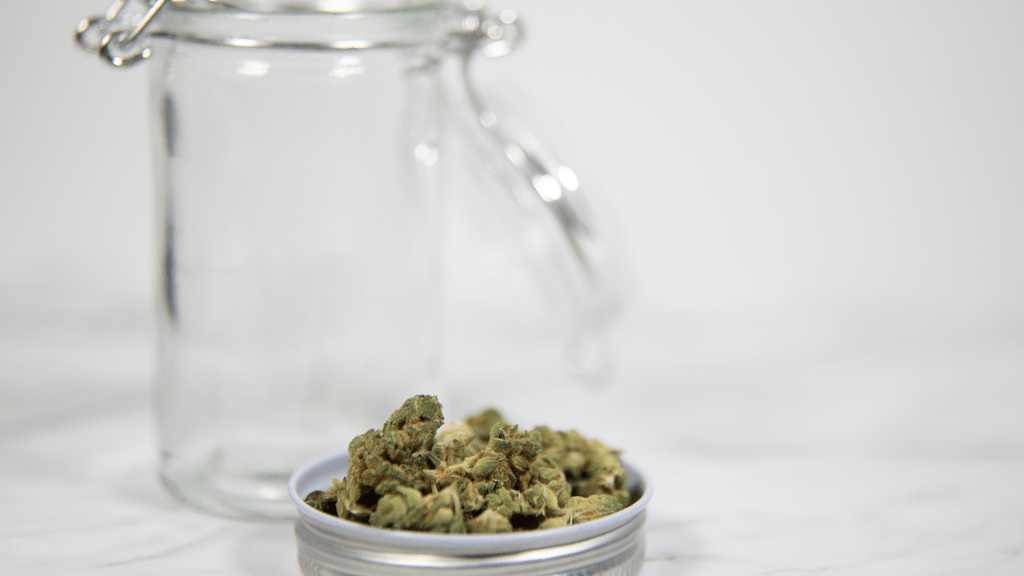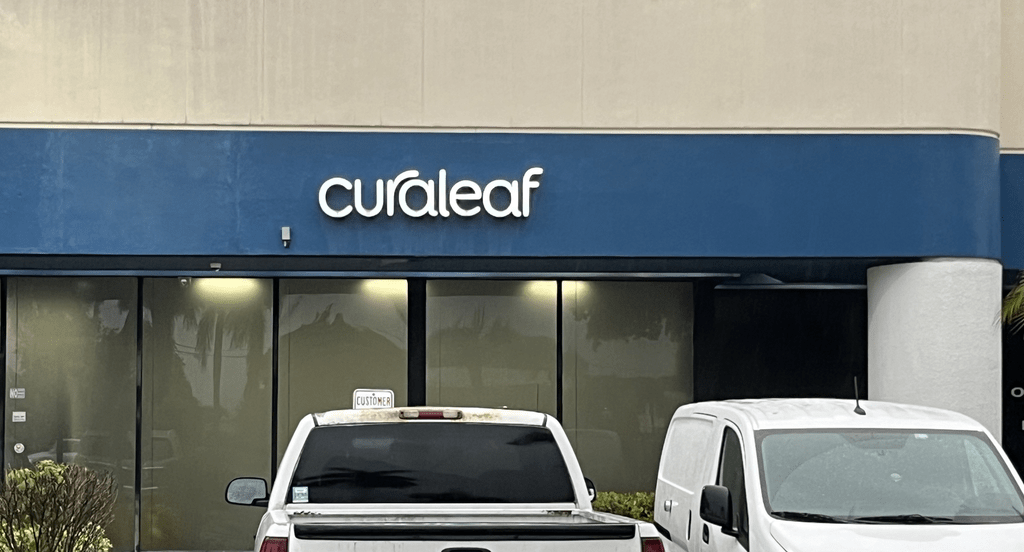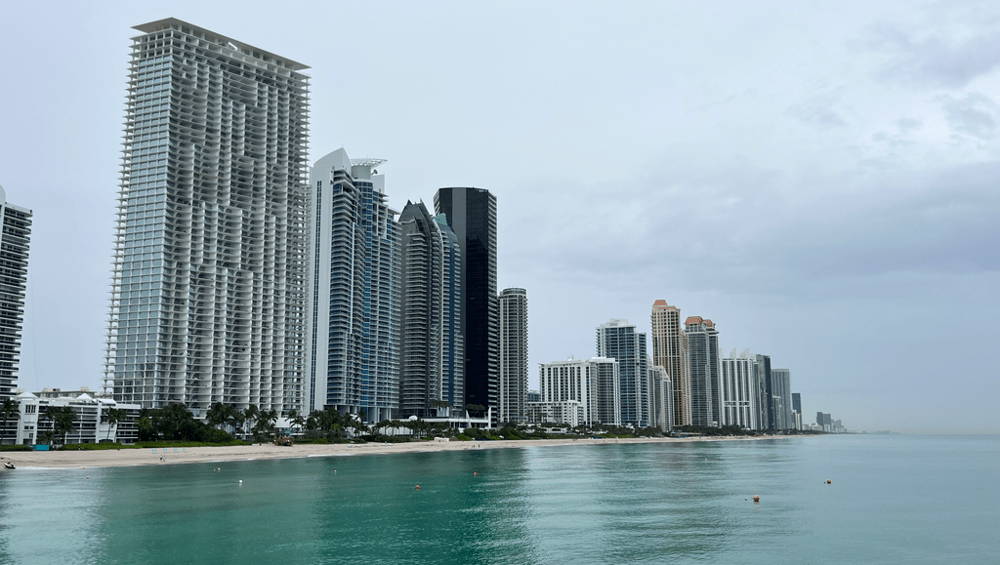Cannabis is often associated with sleep-related benefits, including its potential to help individuals with post-traumatic stress disorder (PTSD) achieve improved sleep. However, it’s important to note that the effects of cannabis on sleep can vary among individuals, and more research is needed to fully understand its impact.
Some studies suggest that cannabis may help individuals with PTSD experience better sleep. PTSD is a condition that can cause nightmares, insomnia, and other sleep disturbances. Cannabis, specifically compounds like tetrahydrocannabinol (THC) and cannabidiol (CBD), may have anxiolytic (anxiety-reducing) and sedative effects that could potentially alleviate sleep difficulties associated with PTSD.
THC, the psychoactive compound in cannabis, has been shown to reduce the time it takes to fall asleep and increase overall sleep duration. However, it may also suppress REM (rapid eye movement) sleep, which is important for emotional processing and memory consolidation. Some research suggests that the use of THC for sleep may lead to reduced dream recall and a potential disruption in the normal sleep cycle.
On the other hand, CBD, a non-psychoactive compound found in cannabis, has been reported to have calming effects without the sedation typically associated with THC. CBD may help reduce anxiety, which can be a significant factor in sleep disturbances related to PTSD. By reducing anxiety, CBD might indirectly improve sleep quality in individuals with PTSD.
It’s worth noting that the effects of cannabis on sleep are complex and can vary based on individual factors, such as dosage, strain, method of consumption, and individual biochemistry. Additionally, some studies have found that regular or heavy cannabis use can lead to tolerance, dependency, and withdrawal symptoms, which can further disrupt sleep patterns.
While cannabis may offer some potential benefits for sleep improvement in individuals with PTSD, it’s crucial to consult with a healthcare professional or a physician experienced in cannabis therapeutics before using it as a sleep aid. They can provide personalized guidance and help determine if cannabis is a suitable option based on individual circumstances and medical history. Other evidence-based treatments for PTSD and sleep disturbances, such as cognitive-behavioral therapy for insomnia (CBT-I), should also be considered and discussed with a healthcare professional.






